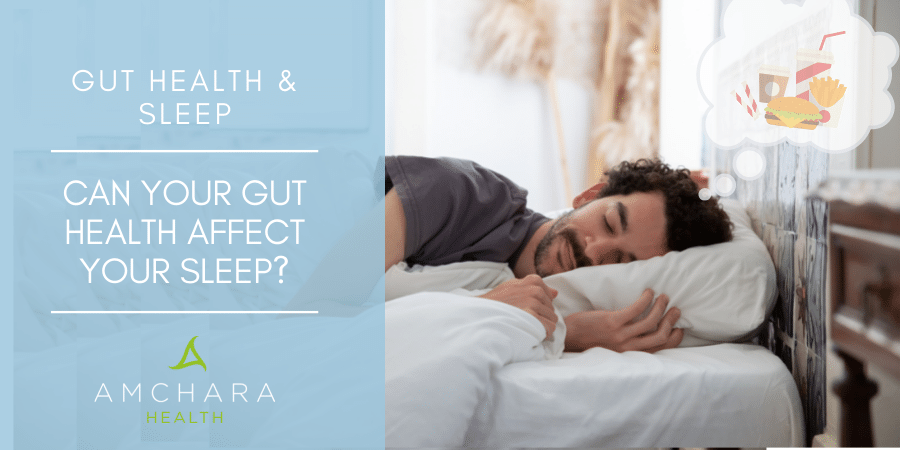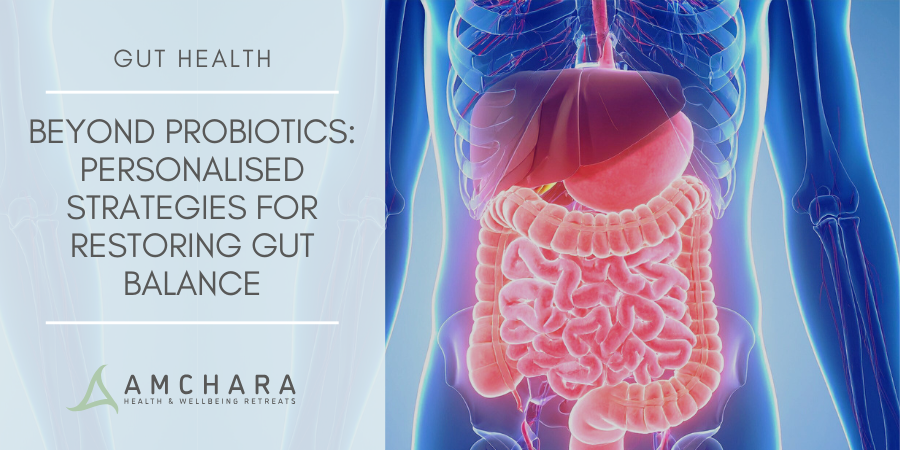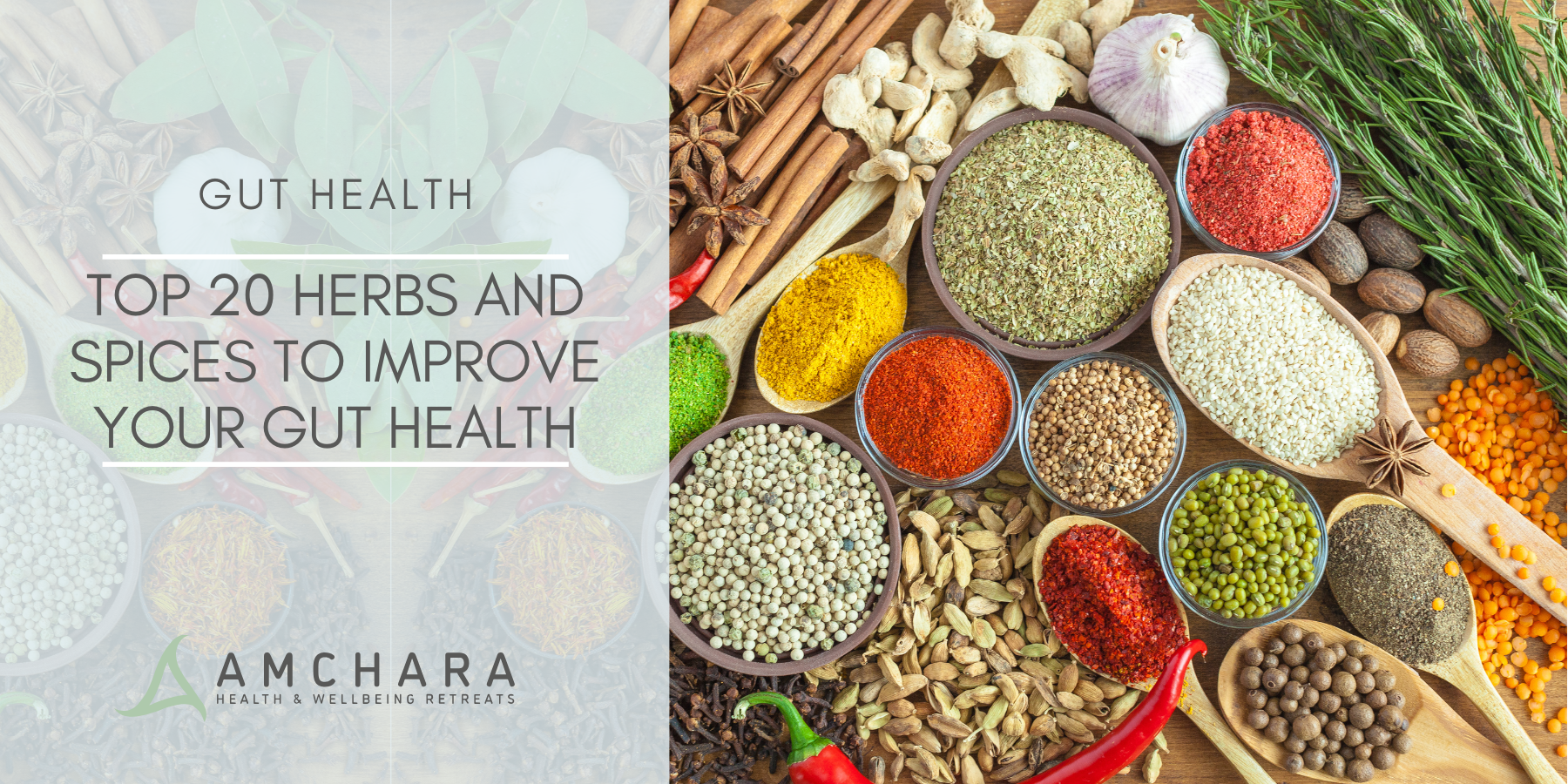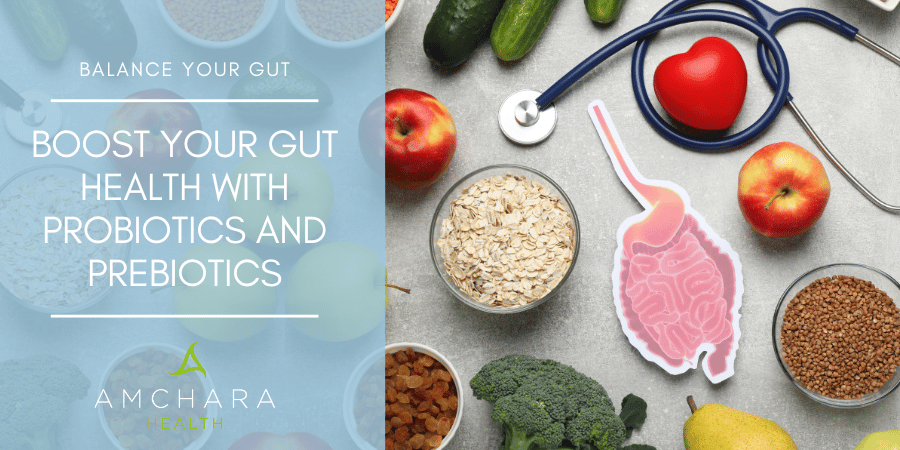Topics Covered in this article:
A lack of sleep can upset the health of your gut. In fact, even only a very small amount of low quality sleep can adversely affect your gut microbiome balance. Equally, an unhealthy gut microbiome can negatively impact the quality of your sleep, primarily because of the gut’s ability to produce various sleep hormones. This can prove to be a tricky cycle to stop.
Research is continuously developing into the importance of the gastrointestinal tract, or your gut. The gut is sometimes referred to as the second brain; it is in constant communication with the actual brain, and has a huge impact on many vital processes and systems throughout the body, including your sleep. Maintaining your gut health is important for maintaining your overall health.
In the modern internet world there is an overwhelming amount of information; it can be hard for you to find health advice that you can trust, particularly as the main media channels are typically dominated with a single, orthodox narrative.
We always take an evidence-based approach, orientated towards a holistic and Personalised Health approach, and aim to provide you with actionable knowledge and tips to help you on your journey to optimal health.
In this article, we take a closer look at gut health and sleep, and how the health of your gut can influence your sleep patterns.
Hungry, happy and sleepy hormones
Growing evidence is looking into the brain-gut-microbiome axis, and how the gut microbiome can have an influence on quality of sleep. The gut microbiome affects many bodily functions including immune, digestive and metabolic, but it also has a regulatory influence on sleep and mental state.
It seems that the interaction between gut health and sleep is complicated and more research is needed, but it is clear that they are linked.
If you have a bad night’s sleep, this can impact the work of ghrelin, the hormone in charge of hunger, and leptin, the satiety hormone that inhibits hunger to ensure the body doesn’t unnecessarily trigger hunger signals when energy from food is not required.
If you’re tired, the levels of these hormones are out of synch, so you are more likely to reach for quick hits – sugary, carbohydrate-laden foods or caffeine – to give you a short-term energy boost. But short-term is exactly what it is, and such foods result in a spike, and then a corresponding crash, in blood sugar levels, which can leave you feeling depleted.
A Japanese study suggested that gut bacteria can help to create chemical messengers, such as serotonin and dopamine, levels of which can influence sleep patterns; the amount of serotonin in the brain can affect your sleep-wake cycles because it is involved in wakefulness, and dopamine can make you feel more alert.
Melatonin is an important sleep-regulating hormone made by the body – it helps to regulate the sleep-wake cycle; one version is produced by the pineal gland in the brain and the other is called intestinal melatonin, produced in the gut.
Glutamine is an essential amino acid, and is important in supporting gastrointestinal health. Glutamine can help gut function, and is used by the body to make intestinal immune cells, which both kill the gut’s bad bacteria and encourage its beneficial bacteria. When the body has adequate levels of glutamine, it can produce GABA, which works as a neurotransmitter in the brain, and exerts various health benefits, including boosting concentration and mental balance, as well as promoting restorative sleep.
All types of meat contain glutamine but it’s also present in dairy products, sea food, beans, and vegetables such as beetroot, kale and Brussels sprouts. But it is important to note vegetarian products contain significantly less glutamine than meat products, so glutamine supplements can be a useful choice for vegetarians and vegans.
Eating to support gut health
A balanced and consistent diet is key. A diet laden with sugar and highly processed foods does not promote a healthy gut microbiome balance. Minimise these types of food and instead choose whole foods, and include plenty of fresh fruit and vegetables.
Probiotics are live bacteria and yeasts which boost the population of good bacteria in your digestive system. Regularly eat foods such as yoghurt, sauerkraut, miso, kombucha and kimchi, which are all good sources of probiotics. Prebiotics are types of fibre that your good gut bacteria utilises as food, boosting overall gut health. Good prebiotic foods include bananas, whole grains, onions, leeks, soy beans and artichokes.
Some foods may positively influence sleep, although there is inconclusive evidence into the efficacy of these, and more research is needed. Of benefit may be kiwi, possibly as a result of its high antioxidant levels, tart cherries and tart cherry juice, which may be because of their above average amounts of melatonin, malted milk, thought to be due to its combination of Vitamins D and B, fatty fish with its high amounts of Vitamin D and omega-3s, nuts containing high amounts of magnesium and zinc, and rice – evidence is conflicting here, but rice consumption may be associated with how eating foods with a high glycaemic index before bed may help with falling asleep.
Improving your sleep cycle to improve gut health
Creating a consistent sleep cycle can help to positively influence your gut health. Try to only eat small meals in the evening, and at least three hours before bed, to give your digestive system plenty of time to digest and then be able to relax, helping to sustain optimal microbial populations. Minimise, or preferably avoid, sugary or caffeinated foods, particularly in the afternoon and evening. You can also benefit from creating a relaxing bedtime routine, to signal to your body that it’s time for sleep – try relaxing Epsom salt baths, replace screen time in the evenings with reading a book, and try to make sure you go to bed at the same time each night, in the week and at weekends.
The circadian rhythm and mitochondria
Circadian rhythms are part of your body’s internal clock, based on 24 hour cycles, and helping to regulate various aspects of the body’s functioning. Mitochondria, sometimes referred to as ‘the powerhouse of the cell’, are organelles which carry out respiration, oxidising glucose and so providing energy for the body’s cells. Essentially, they generate the chemical energy required to power the cell’s biochemical reactions.
It is now known that cellular energy metabolism is linked to the rhythm of the circadian clock. If the mitochondrial network interacts with the internal biological clock, it follows that a mitochondrial imbalance can impact these natural regulations, and affect overall cellular energy levels. Additionally, it is important to remember that all the cells in the gut have a high concentration of mitochondria and the optimal performance of these cells is vital for absorption, creation of immune cells and mucosal production.
Takeaway
A lack of sleep can increase stress levels, which in turn can negatively impact your gut health, causing issues such as inflammation and bloating, and an imbalance in your gut microbiome. Better quality of sleep has a clear link to a greater diversity of gut microbiota species. Your gut health impacts the production of your sleep hormones, your food choices have an enormous effect on your gut bacteria, and taking steps to improve your sleep cycle can also help positively affect your gut health.
Maintaining healthy gut bacteria can lead to better sleep quality, and vice versa, in an ongoing cycle. Ensuring a diversity of gut microbiome will ensure optimal gut functionality and contribute to general health. A healthy gut promotes healthy sleep, and healthy sleep promotes a healthy gut.
Other articles you might be interested in:




